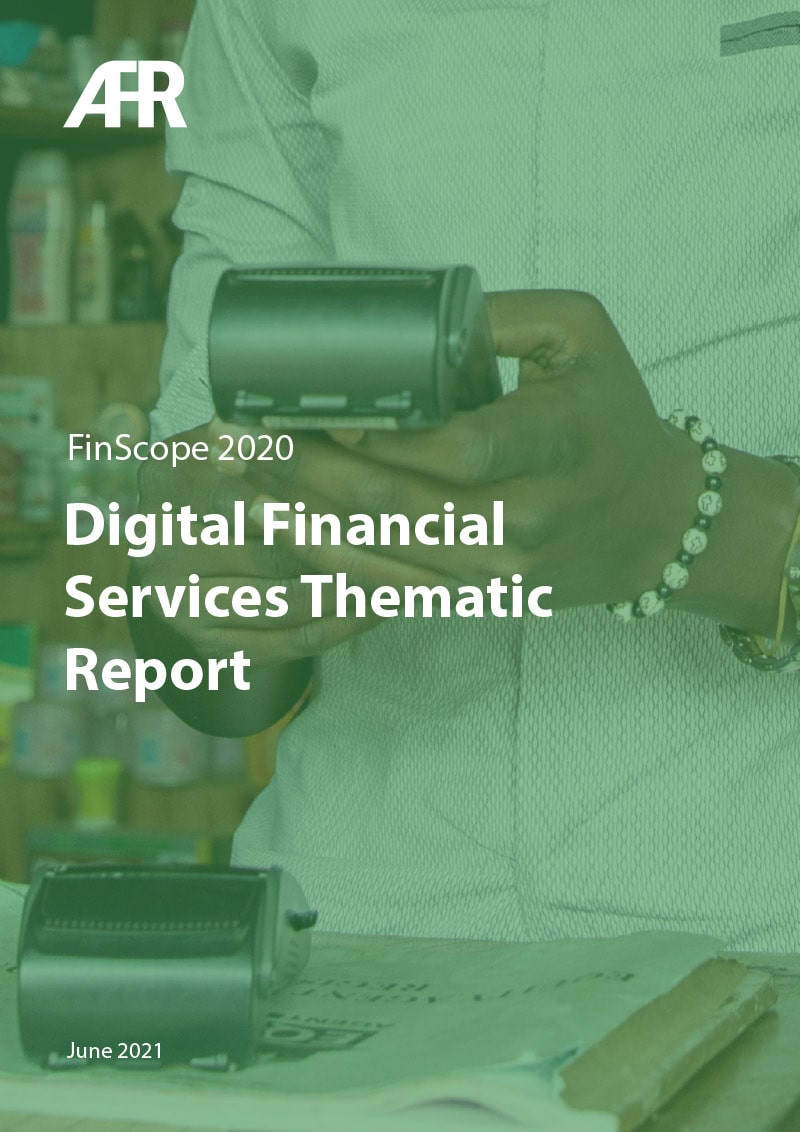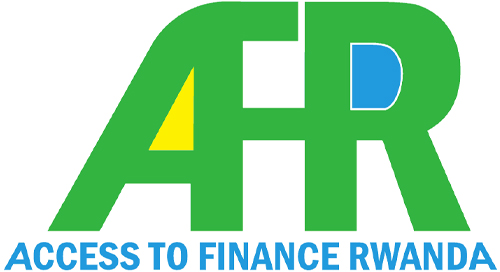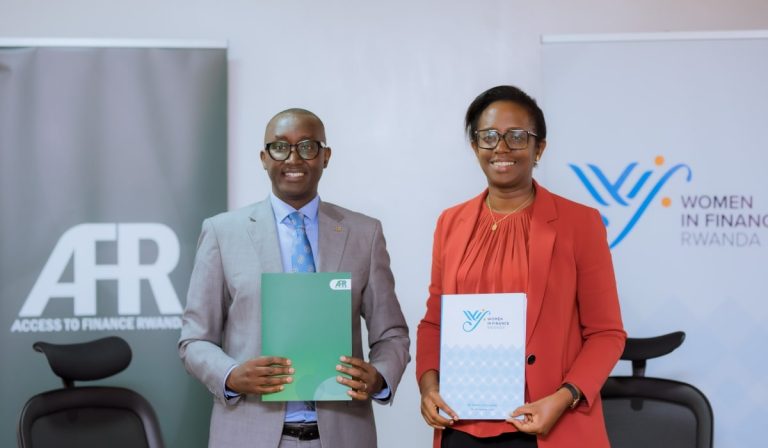

Executive Summary:
In 2008, the Government of Rwanda through the Ministry of Finance and Economic Planning (MINECOFIN) adopted the FinScope survey as a core research tool to collect and analyze demand-side data to better understand consumers’ behaviour, attitudes to and perceptions on financial products and services. Since then, AFR has conducted similar surveys in 2012, 2016 and 2020 and produced a handbook and detailed in-depth thematic reports.
The main objectives of the FinScope Survey are to describe the levels of financial inclusion (i.e. levels of access to financial products and services – both formal and informal) and the landscape of access (i.e. the type of products and services used by financially included individuals). As such, it aimed to identify the drivers of, and barriers to, financial access and, therefore, to stimulate evidence-based dialogue that will ultimately lead to effective public and private sector interventions aimed to increase and deepen financial inclusion.
The digital financial services thematic report assesses the status of Digital Financial Services (DFS) in Rwanda and identifies specific barriers and constraints related to the access and usage of DFS and propose policy recommendations and potential interventions in digital finance to address the identified challenges/constraints and as such contributes to documenting Rwanda’s development towards greater financial inclusion of women. As such, the scope of this thematic report is to compare and analyse potential changes with regards to access, usage and quality of DFS based on the FinScope data sets of 2016 and 2020. In addition, the report will cross reference transactional data from the National Bank of Rwanda (BNR) to uncover benefits and constraints with regards to access, usage and the quality of DFS in Rwanda. This report will enhance the understanding of the digital financial ecosystem and how and if the current policies and strategies are working to further increase financial inclusion4 and where appropriate make policy recommendations on how to improve access, usage and quality of DFS products and services so as to reach 100% inclusion by 2024 and work towards Vision 2050.


